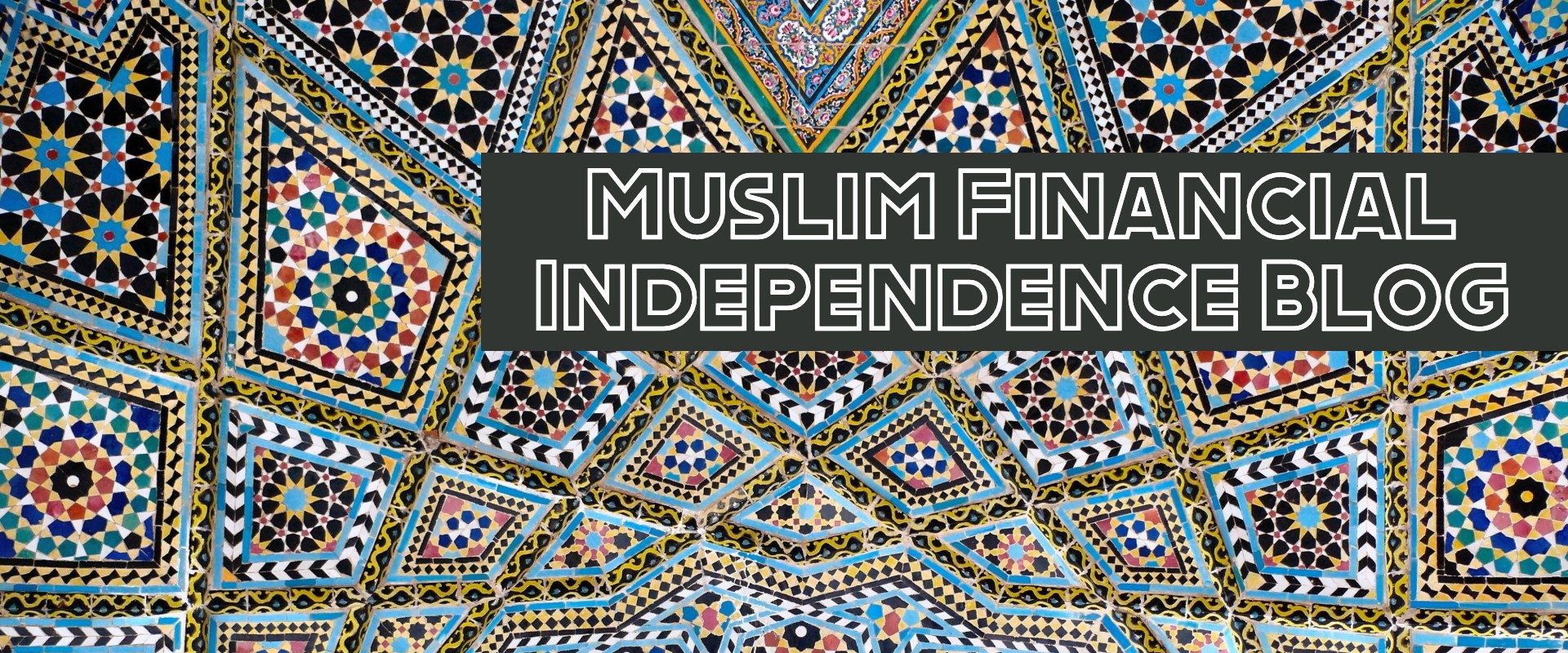
﷽
As-Salaam Alaykum dear readers,
I would like to introduce another concept in Islamic Finance called Ijara, which refers to the Islamic version of leasing. Leasing is increasingly used as a vehicle to provide individuals and business the ability to both “rent” things as well as a “rent-to-own” model. For those unfamiliar with “rent-to-own”, it’s a contract that allows the renter to pay for the usage of something (i.e. a car or house), while also paying down a percentage of the principal so that at the end of the contract the renter now owns what they were renting.
Breaking down the Ijara Model
There are typically 3 parties involved in an Ijara (lease) contract:
- The Customer
- The Bank providing financing
- The owner / dealer of the asset being leased
This makes sense as banks want to stay in the financing business, they don’t necessarily want to manage assets outside of their core business. Once the customer agrees on entering the contract with a bank, the bank is then responsible for completing the purchase of that asset to lease out to the customer. Remember, in Islamic Finance the Lessor has to own the asset to lease it to you, the customer.
The Lessor is responsible for all major costs of the asset (such as insurance), but operational costs land on the Lessee (you, the customer). Typically, at the end of an Ijara contract from a bank, they will have released the asset fully to you as a customer as you know own it. Ijara is used in many situations where you would use car / home financing interest-based loans.
Let’s take a look at what a real-world car Ijara contract could look like from an Islamic Bank; Bank Alfalah. Some interesting up-front features and benefits of Ijara with the bank.

If you remember earlier, we stated that the Bank is responsible for buying the asset to lease to you. They naturally have relationships with manufacturers / dealers in the country to provide you a selection of vehicles that be leased. Some things to note:
- Looks very similar to traditional leasing terms, which means that the product the bank is offering is flexible as an alternative to interest-based leasing
- Some initial security deposit is required that goes to the capital amount of the vehicle that you “own”, which means you own 15% of the vehicle in above example and the bank is renting you the other 85%
There is an interesting and handy calculator provided, so l would like to run some numbers through on a real car. I picked a brand-new Honda Civic VTEC from the options in the calculator, with 15% deposit and a 7-year Ijara term. Values are in Pakistani Rupees, so I will translate them to CAD dollars as we go along.
- New car value: CAD $28,998.22 (PKR 3,505,000)
- Immediate delivery
- Fixed pricing – 7 year term
- Initial deposit required (15%): CAD $4342.15 (PKR 535,750)
- Monthly rental cost: CAD $574.34 (PKR 69,541)

Interesting thing to note, there is a minimum salary requirement to be eligible for this loan. PKR 50,000 is CAD $412.67 / month salary! I am really interested in looking at their Bank Schedule of Charges; let’s take a peak.

There are some additional fees and penalties within the particulars of the contract:
- CAD $66 dollar (PKR 8000) registration fee, CAD $41 (PKR 5000) income estimation charges, and other fees for registration / plate delivery, document retrieval and verification charges
- A 5% termination fee if you want to break the lease
- A charity amount on late payment, as it is impermissible for the Bank to charge you interest. They stipulate a 24% Per Annum amount on whatever was outstanding on the late payment. Seems similar to the types of percentages you would see for late payment on interest-based leases
- Other charges for repossession of vehicle, I am guessing from the customer breaking the Ijara early
I hope this provided a practical example of what a real-world Ijara contract looks like.
Cool, but are there any banks who provide this in North America?
Looks like there are a couple of banks / corporations that can provide Ijara products (and others) in Canada and the US:
- IjaraCDC Community Development Corporation – operates out of Ottawa, Ontario, Canada but serves the US as well
- Habib Canadian Bank
- Lariba American Finance House – serving the US market
There are many other smaller financial houses and cooperatives that offer Islamic products in North America, and in my opinion it will only be a matter of time until bigger/global players capitalize on this market in the future.
As usual, I would love to here any comments, feedbacks or suggestions on new topics on the Muslim Financial Independence Blog or on my twitter @muslimfinancial. See you all soon!
As-Salaam Alaykum
